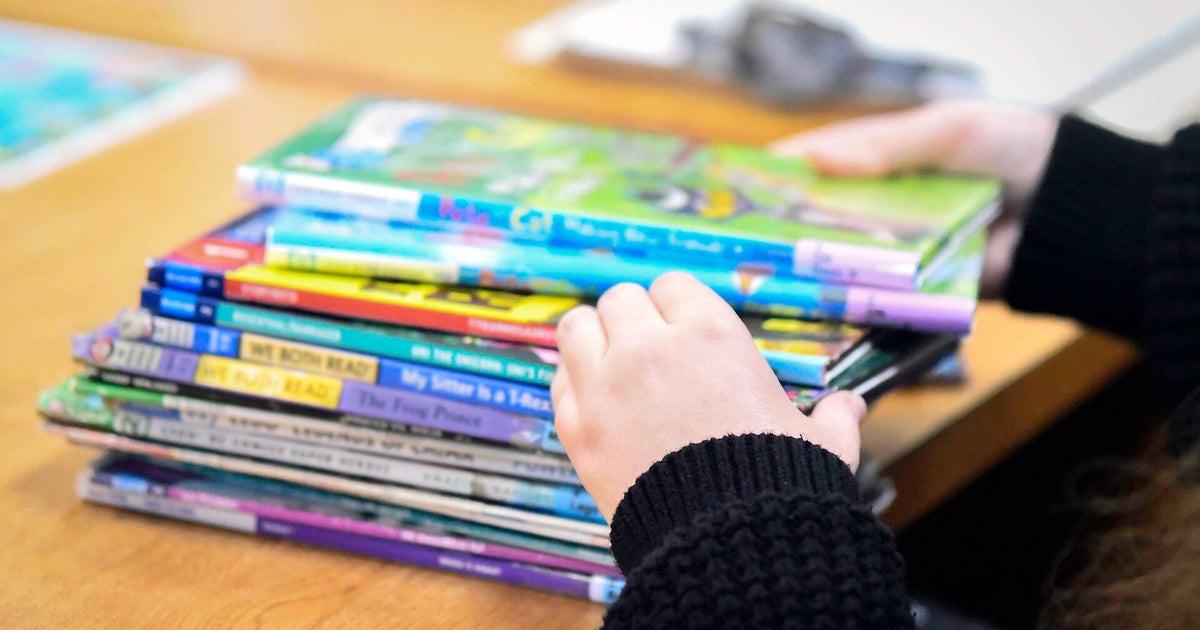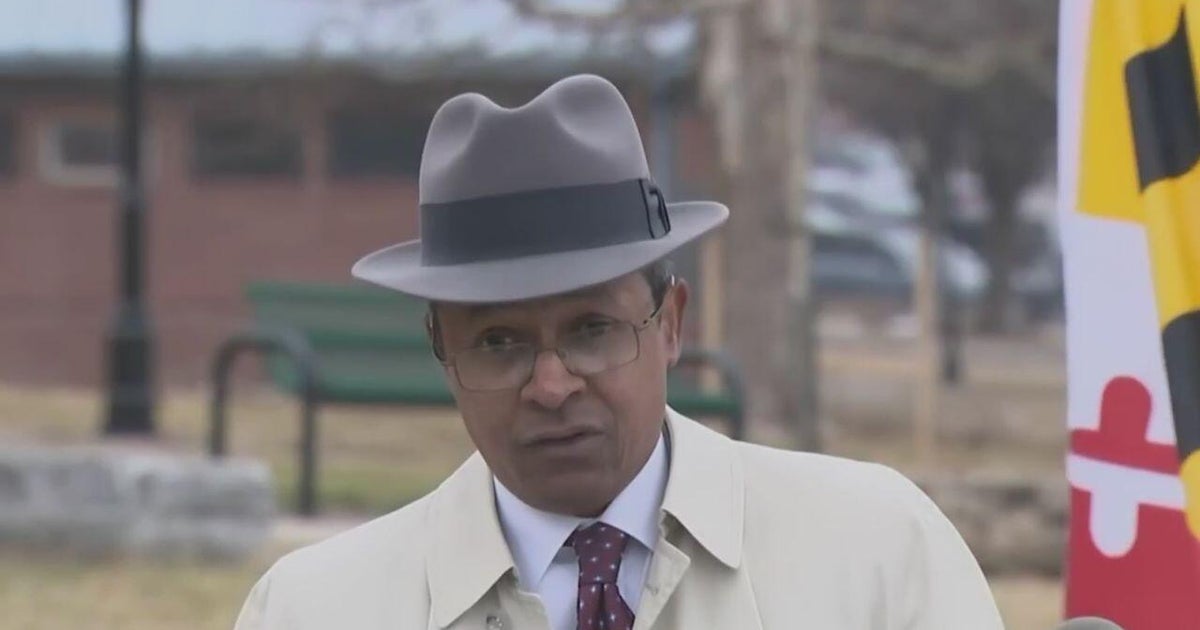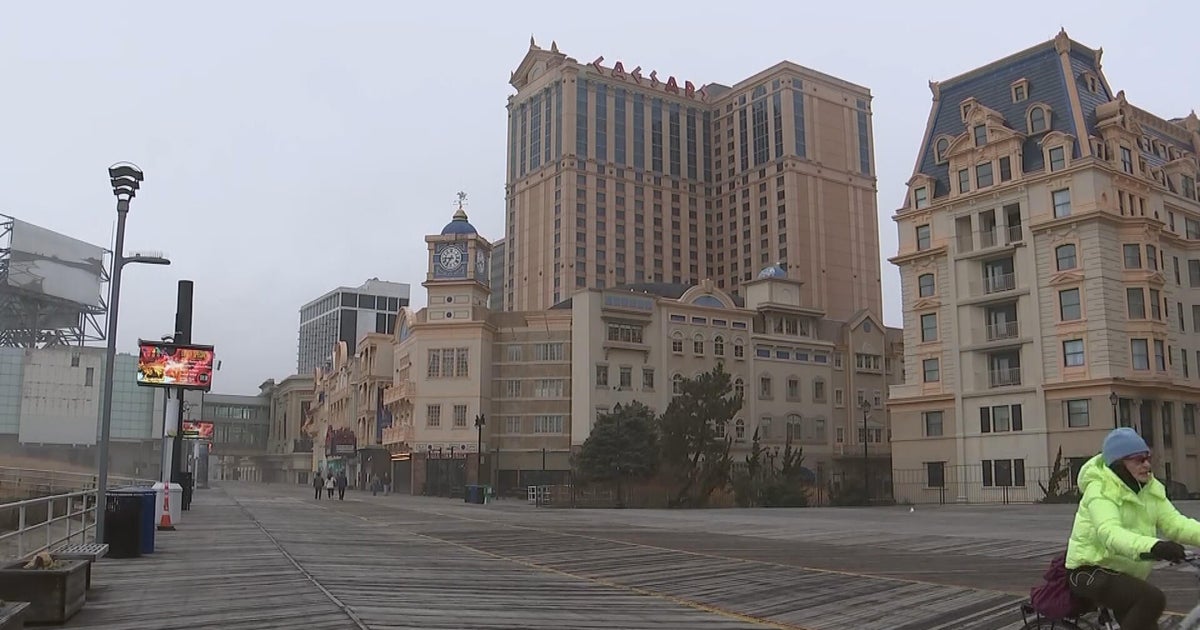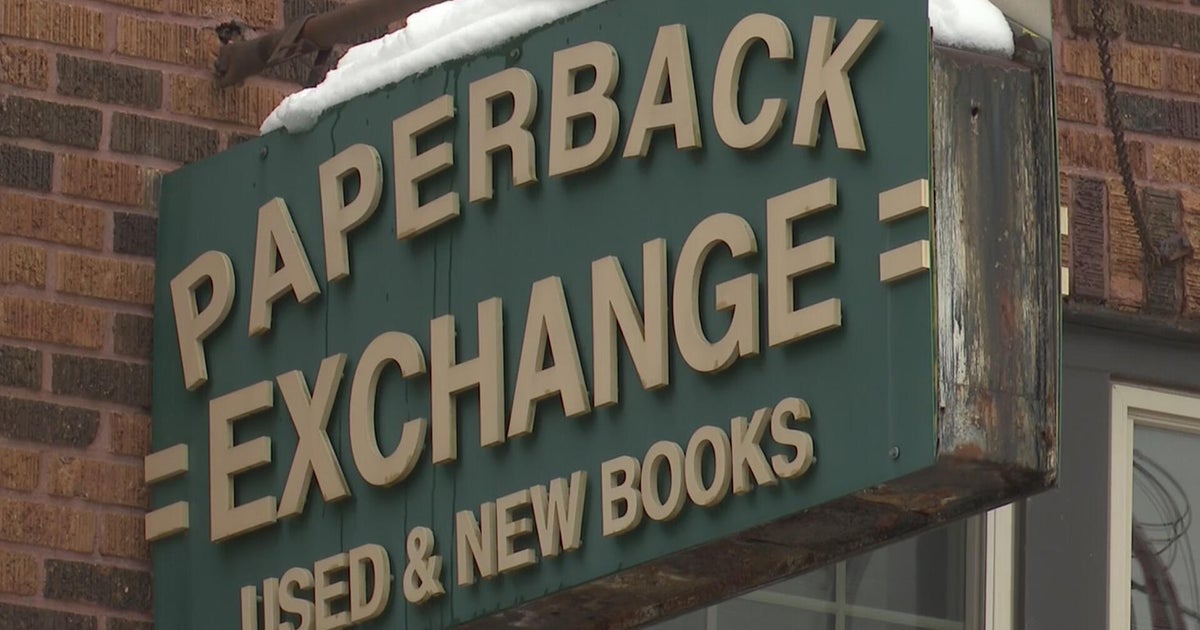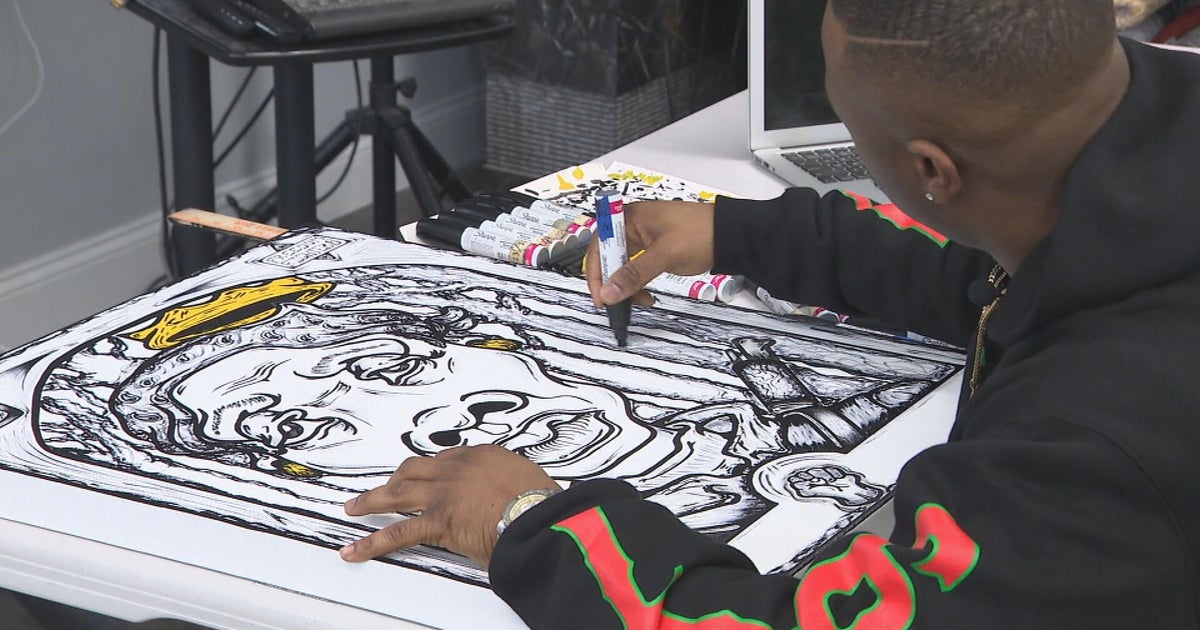Appalachian Book Project Helps inmates In 6 States
MORGANTOWN, W.Va. (AP) -- For people behind bars in six Appalachian states, they are one of the few forms of escape -- hundreds of used books, wrapped in brown paper and stacked thigh-high under a table, just waiting to be shipped.
Parenting and self-help books. History and law. Dictionaries, biographies and fiction. Whatever the subject, volunteers with the Appalachian Prison Book Project believe they hold the power to unlock worlds.
From a small room in a historic house next to the Morgantown Public Library, they meticulously organize requests, exchanging letters to find just the right read and get permission from prison administrators while simultaneously scrambling to raise money for shipping.
The process takes months, and the restrictions are many: Spiral-bound books are banned, their spines seen as potential weapons. Hardcovers are discouraged. Some institutions refuse books altogether, often with no explanation.
"You would think it's not that big a deal. We're just sending out used books, free of charge, to people in prison," says Dominique Bruno, a doctoral student at West Virginia University who serves as outreach coordinator. "But it is as hard to get something into a prison as it is to get out of one."
For six years they have kept at it, shipping the 11,000th book last month. They've since sent dozens more to state and federal prisons across West Virginia, Virginia, Maryland, Ohio, Kentucky and Tennessee.
Other states have had prison book programs for decades, from California to Illinois and Texas to Massachusetts. Pennsylvania alone has at least six.
But until professor Katy Ryan taught a course on prison literature in 2004, West Virginia and the other five states had none. She and her graduate students discussed the need, spent two years raising money and collecting books, then started taking requests. The books are all privately donated, many by students and professors in WVU's English department and some by others in the community. Occasionally, an author or publisher will send a box of new books, too.
The volunteers shipped the first book, "Natural Remedies," to the Trumbull Correctional Institution in Leavittsburg, Ohio, in 2006. The second went to the Mount Olive Correctional Complex in southern West Virginia.
Warden David Ballard says the program keeps his prisoners occupied with material from a trustworthy source.
"It was a free resource the inmates could use, and most of the books are educational or religious in nature, so that was a plus," Ballard says. "There was no reason for us why we should stop it."
Books are X-rayed and inspected by hand before they're delivered. Anything that would help an inmate plot an escape or manipulate locks would be rejected, as would anything pornographic. But Ballard need not worry about that kind of material; it doesn't get shipped.
Many prisons lack the money to develop a good library, and most inmates have no way to buy books themselves, Ryan says. Her team receives letters that range from pragmatic (a Scrabble dictionary to settle fights) to heartbreaking (a mother determined to become a better parent.)
"I have MS and am bound to a wheelchair, so I spend most of my time reading," one Tennessee prisoner wrote. "I don't have anyone on the outside that can help me with finances or packages. You are very special people to do this for us."
Prisons typically offer inmates the chance to purchase small televisions, portable CD players and radios, or even MP3 players. But not everyone can afford them. And while some facilities also offer the use of computers, access to the Internet is restricted. For many, free books fill the gap.
A Virginia inmate on 24-hour lockdown told the project volunteers that he sleeps 18-20 hours a day.
"And I have nine years to go," his letter said. "So, I want to learn a few things."
Initially, the team relied on small grants from the Faculty Senate and the WVU Center for Civic Engagement. But this past spring, it became a tax-exempt 501c3 organization, capable of accepting tax-deductible donations. It also makes the program eligible for more grants and discounts on postage, the only significant expense.
The group raises money with concerts and carnivals, letter readings and bake sales.
Though it takes only a few hundred dollars a month to keep the program running, it can only ship books every other month.
The program has no real structure. Inmates often learn of it from each other. Parents sometimes write on behalf of incarcerated children. Inmates often function as informal librarians, passing their books along to others.
Still, some institutions refuse donations, a decision Bruno says is largely subjective. She suspects some administrators question the politics of certain members. But the group's mission is apolitical.
"We are basically responding to a need. But I don't know if you can see that or understand that unless you are here with us," Bruno says. "And probably working as the warden of a prison or working in a prison mail room, you do not see it that way at all."
She understands the skepticism but shrugs.
"We are simply doing exactly what we say in our mission statement," Bruno says. "We are sending books to prisoners. That's all."
------
(Copyright 2012 by The Associated Press. All Rights Reserved.)

